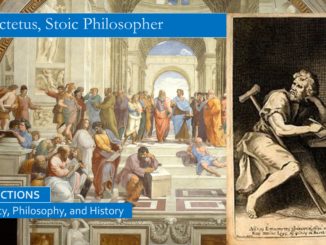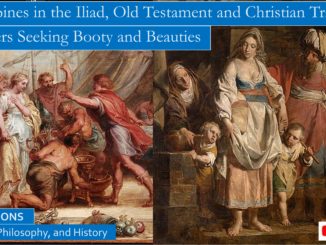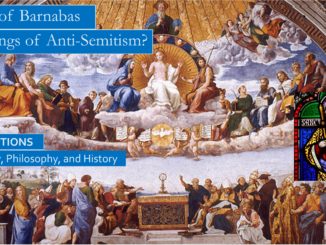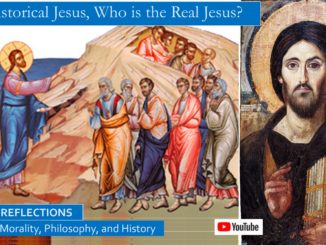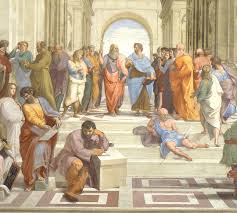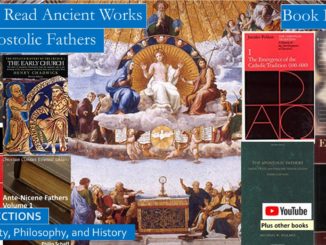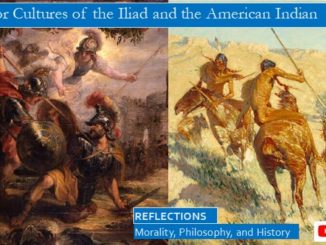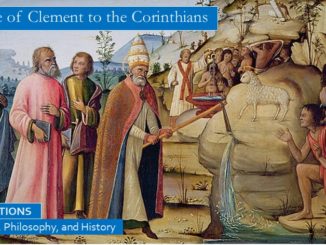
Clement of Rome, Epistle to Corinthians
Love binds us fast to God. Love casts a veil over sins innumerable. There are no limits to love’s endurance, no end to its patience. Love is without servility, as it is without arrogance. Love knows of no divisions, promotes no discord; all the works of love are done in perfect fellowship. It was in love that all God’s chosen saints were made perfect; for without love nothing is pleasing to Him. It was in love that the Lord drew us to Himself; because of the love He bore us, our Lord Jesus Christ, at the will of God, gave His blood for us, His flesh for our flesh, His life for our lives. […]

